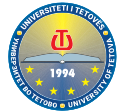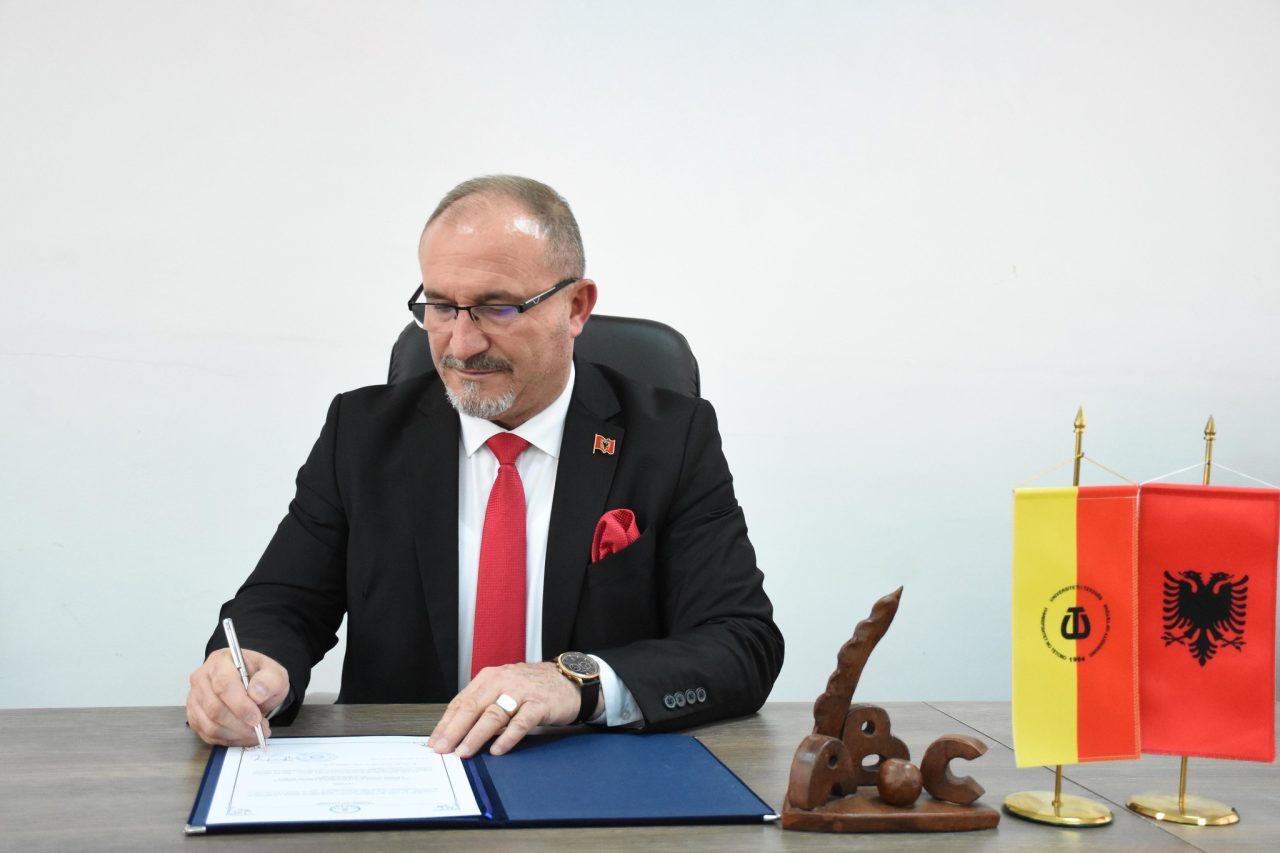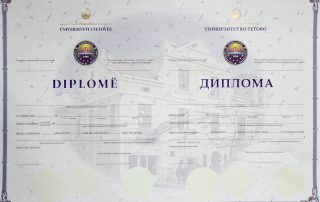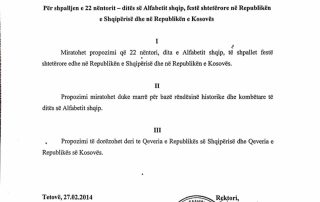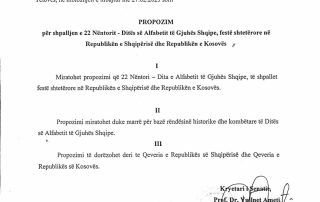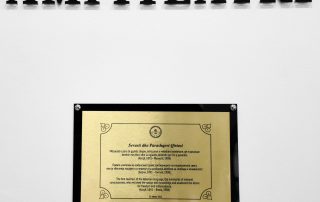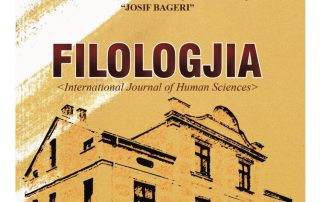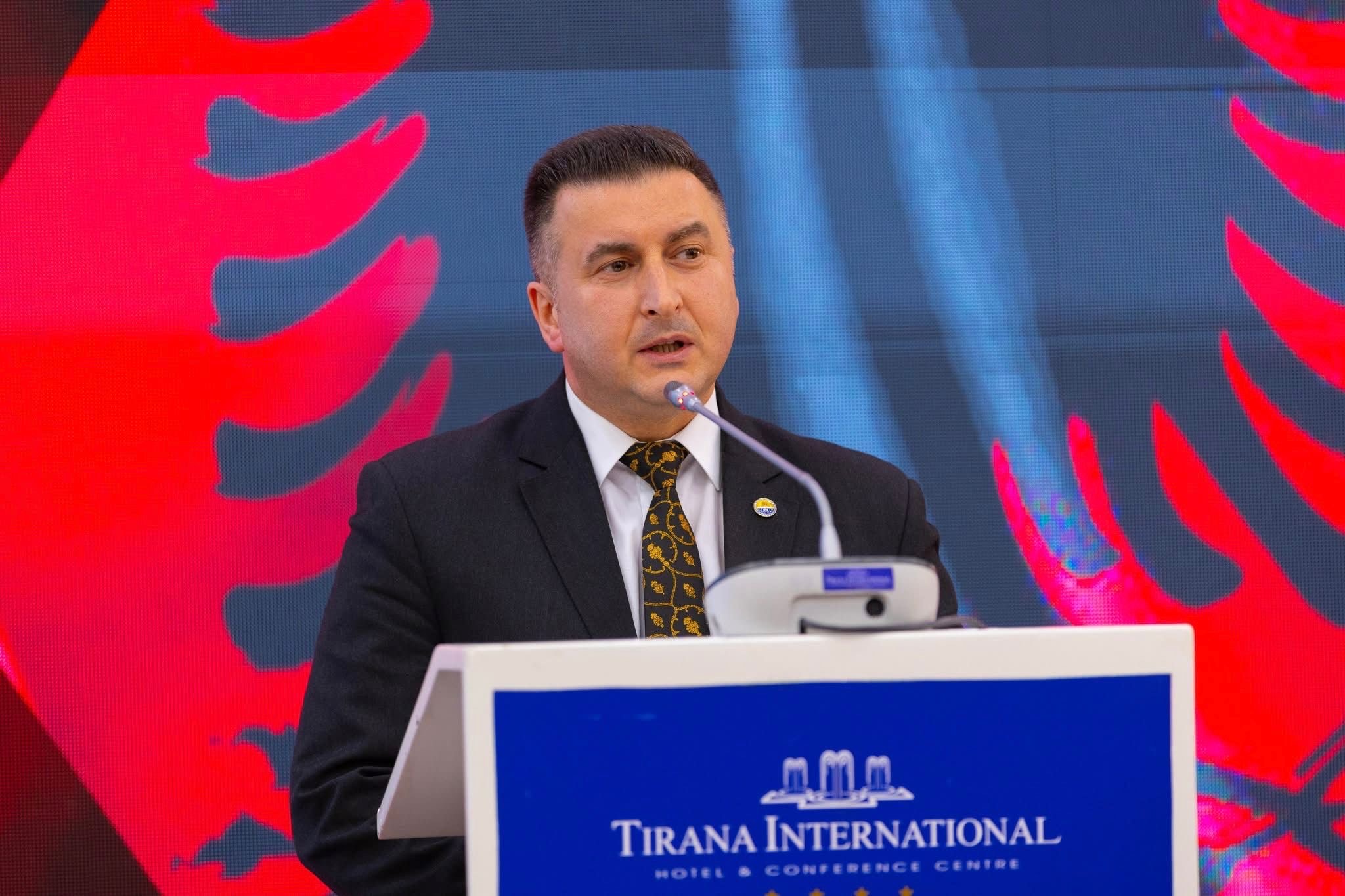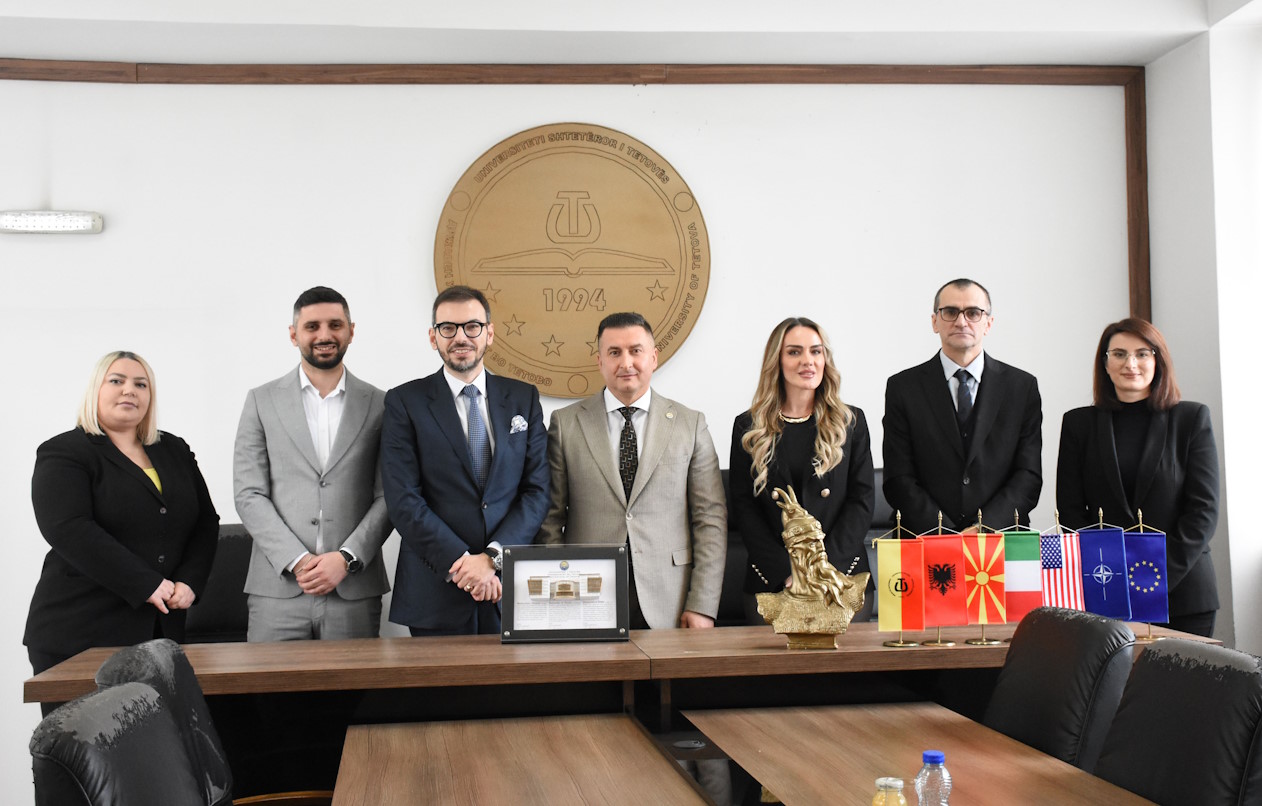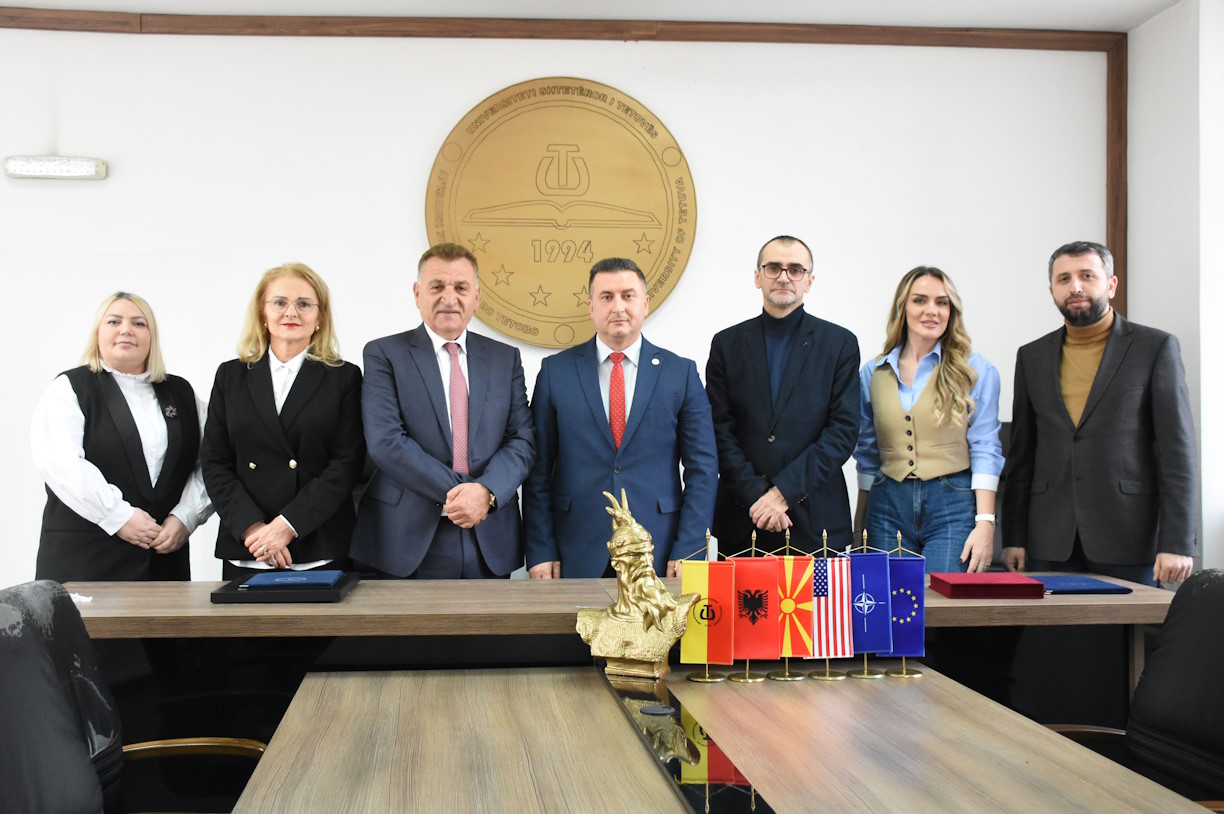Prof. Dr. Vullnet Ameti – On specific dates, I find reasons for penetrating analyses to bring to light not only what happened but also what has been done and what continues to happen. Even though I believe that history should not be interpreted based on romantic nostalgia, this issue should be treated as such.
The Congress of Manastir, or the meeting of Albanian scholars, serves as a guide and inspiration for the generations that follow in the efforts and the permanent struggle to defend national identity. The University of Tetova, from its foundation until today, has undertaken significant responsibilities. The fiercer the storm, the louder has been the resounding silence and action. This is how we have manifested our moral strength and national consciousness.
November 22nd is one of the emblematic and radiating dates in our national identity and orientation. Sometimes, to understand things, we need to give events what Germans call ZEITGEIST (the spirit of the time).
Many patriots and a large array of activists worked for the nation and the language, but what has been missing over the centuries was unity, a value that has cost and continues to cost our nation a lot even today.
November 22nd is of special value because, above all, it had a strong impact on national awareness and conveyed a unifying message. The decisions made on this date by distinguished Albanian patriots directed our nation in the right direction, where it rightfully belongs, alongside civilized nations.
On 22.XI.1908, in Bitola, 150 delegates from all parts of Albania and from all religious affiliations—Muslims, Catholics, Orthodox, and Protestants—gathered to decide on a common alphabet. Four years later, in reality, this movement became a precursor to the independence of Albania.
At the University of Tetova, this date, and especially the House of the Congress of Manastir, are proclaimed and promoted every day. This is because the DIPLOMA, awarded to every student at the University of Tetova after completing their studies, has the House of the Alphabet in the background, to remind them that the path to the Albanian letters was not easy and that this vital achievement came as a result of a great international effort and is a moral paradigm that, in its entirety, expresses the epic strength of the 150 scholars who contributed significantly to this nation.
In addition to academic publications, our University has paid special attention to special editions because we have always considered that love for heroes and their deeds arises naturally, and no matter how far we may deviate, our internal compass brings us back to them, so it is not coincidental the publication of special editions of scientific magazines that fundamentally have addressed the historical figures and events that have marked the course of our nation, Among them is the JOURNAL OF PHILOLOGY “Congress of Manastir” under the auspices of the Institute of Albanian Language, Culture, and Civilization “JOSIF BAGERI” at the University of Tetova, published in 2022, mainly focusing on linguistic topics.
https://drive.google.com/…/1KvKCDpCtyd0e8CtxtbrfO…/view
The Senate of the University of Tetova, in the meetings held on February 27, 2014 (first proposal) and February 27, 2023 (second proposal), unanimously approved the PROPOSAL that November 22 – Albanian Alphabet Day be declared a national holiday in the Republic of Albania and the Republic of Kosovo.
The University of Tetova, through an official request, has addressed the institutions of the Republic of Kosovo and the institutions of the Republic of Albania (Presidencies, Parliaments, Governments, Academies of Sciences and Arts, as well as the embassies of the respective states), that this date of national importance be officially recognized as a national holiday in these two states.
In the request, it is stated: “Considering the national importance of the Albanian Alphabet Day when, during a difficult historical period, in the city of Bitola in 1908, the most eminent patriots of the national cause from all ethnic lands gathered; for the undeniable fact that the Congress of Manastir is the greatest national monument for all Albanians wherever they are, a congress in which the foundations of the Albanian writing were laid; that it changed the approach and perception of the importance of the national issue; for its role in preserving the Albanian identity, precisely through the unified Albanian script; the Senate of the University of Tetova has unanimously approved the PROPOSAL that November 22 – Albanian Alphabet Day be declared a national holiday in the Republic of Albania and the Republic of Kosovo.
Also, in 2022, on the eve of the November holidays, we unveiled the names of the main amphitheaters with the names of emblematic figures who have left an indelible mark on our national history. The three amphitheaters of our University today bear the names: Abdylselam Emini – the martyr of Albanian education, Rafi Halili – activist inthe national cause, and not coincidentally, the naming of the key amphitheater at the University of Tetovo with the name “Sevasti and Parashqevi Qiriazi” – the first Albanian language teachers from Bitola. Top of Form
The Qiriazi family made a significant contribution, especially Sevastia and Parashqevia, as the most distinguished women of our Renaissance who besides being activists, were also educators of the people, active participants in the Alphabet Congress, loyal collaborators of Ismail Qemali, founders of the first Albanian women’s association, authors of educational program of Ismail Qemali’s government, and, something I realized recently, Parashqevia was the only female delegate from all the participating countries who attended the Paris Peace Conference.
I found this information in “The Chicago Tribune” on September 19, 1919, on page number 3, specifically the story of Parashqevi Qiriazi, which you can find at this link, and I encourage every compatriot to read it: link. Parashqevi and Sevasti represent the most representative voice of Albanian women.
They can freely be considered as founders of Albanian diplomacy, especially with their participation in the Paris Peace Conference (1919/20), where the strength and intellectual efforts in achieving the goals of our Renaissance figures were expressed specifically through the enlightened mind of Parashqevia, as the bearer of the cause, their ideas and dreams were conveyed beyond the borders of Albania, in diplomatic halls where the long-term strategy of orienting nations was being formulated.
The diploma, conference, scientific journal dedicated to the Congress of Manastir, the naming of the amphitheater “Sevasti and Parashqevi Qiriazi,” the proposal of the Senate of the University of Tetovo for November 22 – Alphabet Day to be declared a national holiday in Albania and Kosovo, as well as the symbolic plaque presented to distinguished figures of the nation, in which the house of the Alphabet is engraved, complete the mosaic and revive the idealistic spirit in our temple. Because I have understood over time that PRIDE is always connected to DUTY; therefore, this was the least we could do for this historic date.
All these have a common denominator. Throughout my intellectual journey, I have taken care to ensure that the Congress of Manastir and the names associated with this event have their deserved place in the history of the temple of knowledge. Through the mentioned commitments, I have continuously tried to repay the moral debt to the guardians of language and education.
In the continuation of this narrative, I often remember the questions of Rexhep Qosja in his work, “History of Albanian Literature, Romanticism 2, Volume six, p. 15, where he asks: “Which nation immediately emerged as great, strong, knowledgeable, and glorious?” – a question through which he aims to convey that a nation must always work UNWAVERING, TIRELESS, WITHOUT FEAR, and UNIFIED IN ONE VECTOR OF ORIENTATION.
Driven by the fervent DESIRE and the ardent WILL to awaken national consciousness, I am concluding this writing with the verses of the distinguished poet Naim Frashëri:
Gjuha jonë sa e mirë!
Sa e ëmbël sa e gjerë!
Sa e lehtë sa e lirë!
Sa e bukur sa e vlerë!
